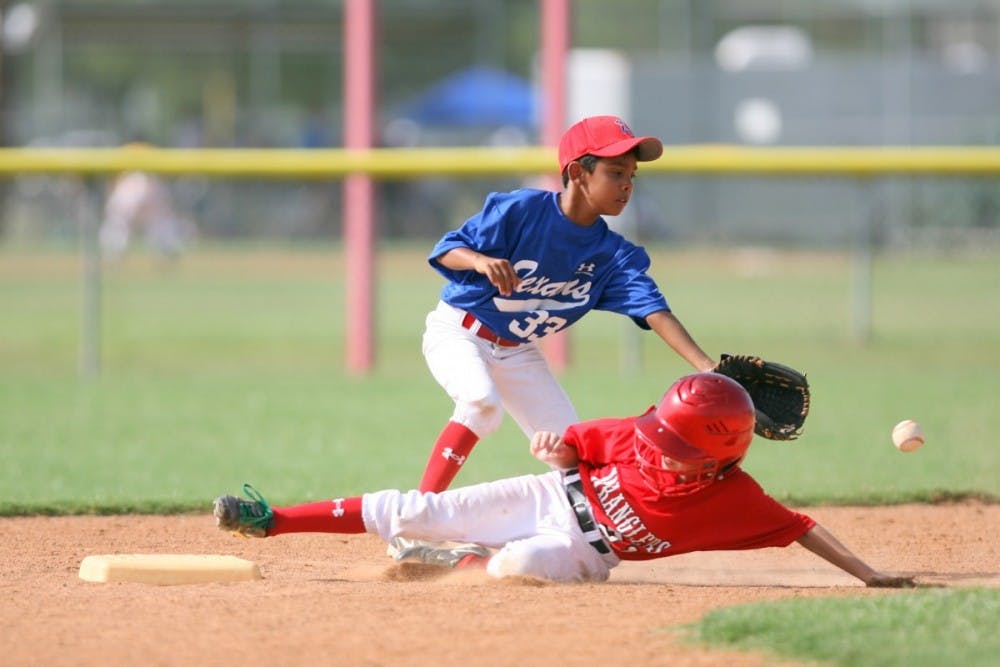A new study from the Washington University in St. Louis revealed that involvement in sports is associated with changes in young children’s brains. The study was published last February in the journal Biological Psychiatry: Cognitive Neuroscience and Neuroimaging.
It examined data from the National Institutes of Health’s (NIH) Adolescent Brain and Cognitive Development study, which sampled 4,191 children between the ages of nine and 11 years old. The parents reported information about their children’s involvement in recreational activities as well as any depressive symptoms they saw. Children in this study also received magnetic resonance imaging scans to measure their brain sizes.
Lisa Gorham, the lead author of the study, explained the surprising results.
“We found that involvement in sports, but not non-sport activities such as music or art, is related to greater hippocampal volume in both boys and girls,” she said in a press release.
The hippocampus is an area of the brain responsible for the formation of long-term memory and also plays a role in spatial memory. The study found that larger hippocampal volumes were a partial mediator for the relationship between sport participation and lower depressive symptoms in boys but not girls.
Other studies done in adults have also found this relationship between exercise, lower depressive symptoms and increased hippocampal volume. This association was also found to be stronger for participation in structured team sports, indicating that the social interaction involved in sports may be playing a role.
Researchers in the field have grappled with the question of why the hippocampus shows decreased size in depression. Two options are possible: that depression leads to smaller hippocampus size or that smaller hippocampus size causes depression. This particular study was correlational in design, meaning that this study can’t prove which case is true.
Sports and exercise have long been known to improve the physical health of children. This study provides new evidence that the benefits of sports may extend to children’s mental health too.
However, sports can also pose a significant risk to children as well. Data recently published by the Centers for Disease Control and Prevention (CDC) in the Morbidity and Mortality Weekly Report on March 15 showed the widespread impact of adolescent traumatic brain injury (TBI) caused by sports. It reported that between 2010-2016, about two million children under the age of 18 went to the emergency room for sports-and-recreation-related traumatic brain injuries (SSR-TBIs). According to the data, almost half of these visits were due to contact sports such as football. Males, particularly those between the ages of 10-17 years old, had the highest rate of injury, being twice as likely as females to visit the emergency room for SSR-TBIs.
Idean Labib, a junior Computer Science major at Hopkins who played soccer in his youth, talked about his experience with childhood sports with The News-Letter.
“Although I’ve experienced and witnessed many injuries in the past, sports have always been an important experience in my life, both for the social aspect and the competitive nature,” he said. “Safety is always a priority, but with the right care, sports are an essential experience for everybody growing up.”





